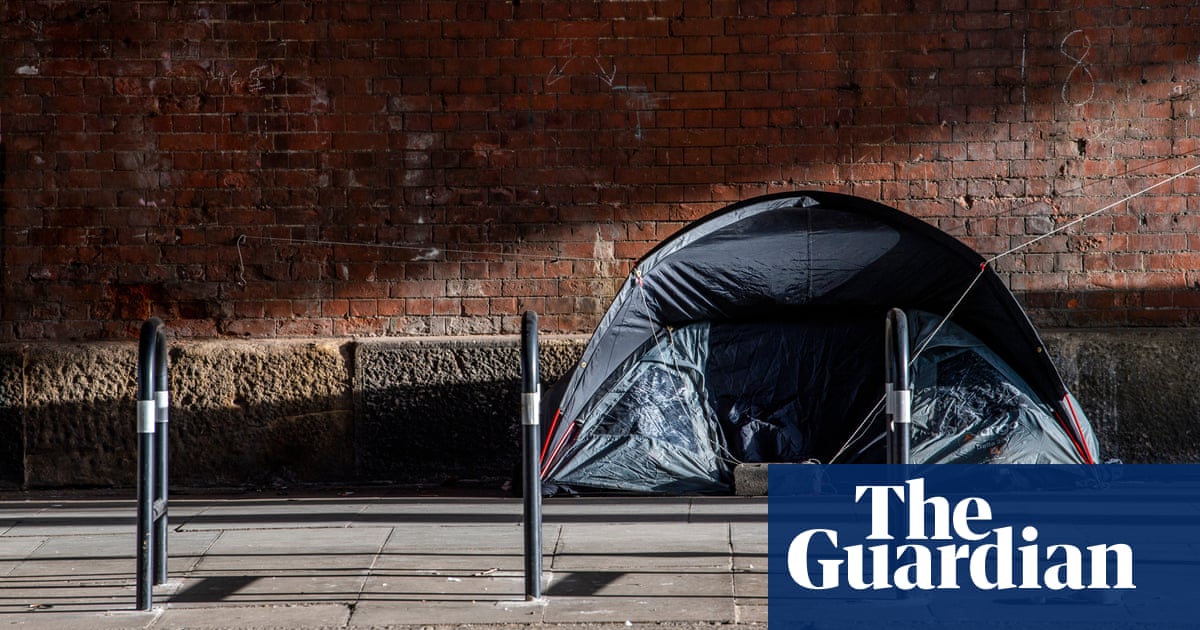
Thousands of tenants who have struggled to pay rent during the pandemic lockdown face the prospect of losing their home from the end of the month when the government’s temporary ban on evictions ends, housing campaigners have warned.
Without an extension to the government’s moratorium on evictions, which runs out on 25 June, many landlords could start or continue repossession proceedings against tenants unable to meet rents over the past few weeks, they said.
Some tenants who have been unable to pay after losing work in March have already received warning notices from landlords, and many more are understood to be worried about meeting housing costs when lockdown ends.
Although the government has proposed a protocol requiring landlords to try to agree an affordable arrears repayment plan with tenants rather than moving to repossession proceedings, details of how it would work have not yet been published, and campaigners believe it will lack the teeth to prevent large-scale evictions.
The London Renters’ Union (LRU), which represents 3,000 tenants in the capital, called for an extension to the eviction ban. It said there were just 20 days to stop what it called “a rent debt crisis worse than anything we have ever seen in this country before”.
Dan Wilson-Craw, of the campaign group Generation Rent, said: “Given the scale of the economic crisis and the gaps in the safety net, we’re expecting hundreds of thousands of renters to be in arrears now and as things stand they face eviction from the end of this month.”
Aaron, 32, an NHS worker from south London and LRU member, said he had recently approached his landlord about rescheduling the £1,650 a month rent on the two-bedroom flat he shared with his self-employed partner after her work dried up under lockdown.
The couple, who were already spending about 60% of their joint monthly income on rent, explained that they could no longer afford to keep up payments. “The landlord replied that the rent was due and he could not give us a discount … Landlords are not not interested in negotiating, they just want the money.”
Just under a quarter of all private renters were currently worried about paying their rent, rising to 31% for households with children, according to survey findings published on Thursday by the Joseph Rowntree Foundation (JRF). It said 42% of private renters reported reduced income under the coronavirus lockdown.
Approximately 5% of tenants who asked their landlord for a rent holiday in recent weeks have been refused, according to the Resolution Foundation. Its survey found 13% of private renters had failed to cover housing costs under lockdown, while 17% of social renters had gone into – or further into – rent arrears.
There are about 8 million renters in the UK, of whom 4.5 million have private landlords, with the remainder renting from social landlords such as councils and housing associations.
There are fears that without robust new protections, rent payment problems – and homelessness – will grow hugely if the unwinding of Covid-19 support programmes such as the government’s job retention scheme from August leads to high levels of unemployment.
A government spokesperson said it was carefully considering the next steps on how best to support tenants and landlords to ensure fairness in the rental market. “The government has taken unprecedented action to support renters during the pandemic to ensure no one can be forced from their home – we have always said we will keep these measures under review and can extend if necessary.”
Ministers are also under pressure to increase the amount of housing support available to tenants through universal credit and the wider benefit system. Levels of housing allowance were frozen for four years before April as part of austerity measures and have fallen way behind actual rents in many areas.
Renters in a two-bedroom property who are eligible for all their rent to be covered must make up a gap between rent and housing support of up to £1,750 a month in parts of London, £150 a month in Brighton and £80 a month in Liverpool, the JRF said.












